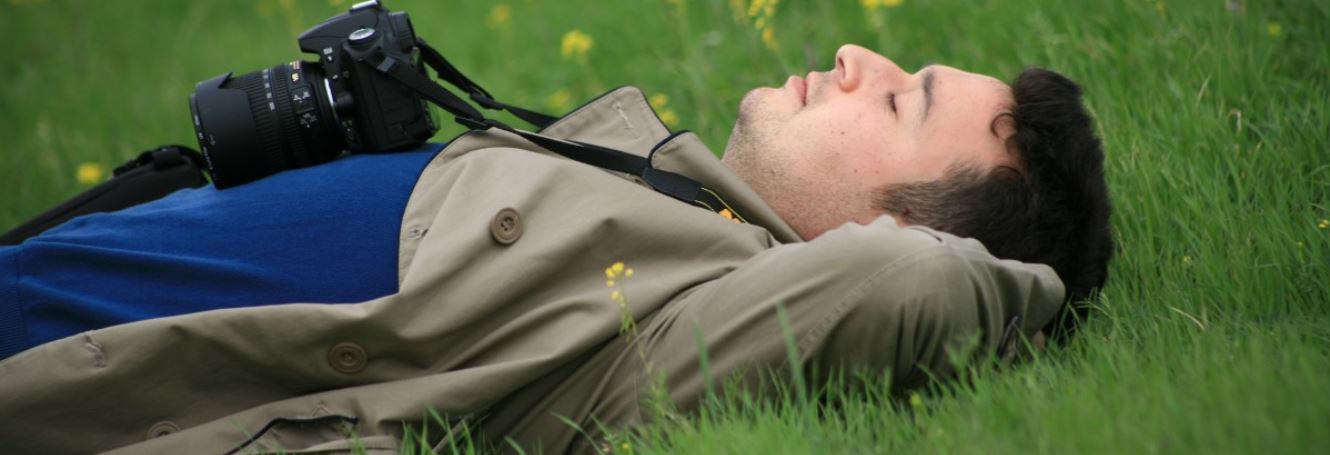Picture this: You’re in a critical meeting at 2 PM. Your boss is explaining a major project deadline. But your brain feels like it’s swimming through molasses. Sound familiar? You’re not alone. At least 15% of the adult working population in the US gets less than 5 hours of sleep a night. Here’s the kicker: that sleep debt isn’t just making you groggy. It’s literally rewiring your brain for failure.
The Science Behind Sleep and Mental Performance
Let’s cut through the noise and talk facts. Sleep isn’t downtime for your brain. It’s prime time.
MIT researchers tracked 100 students with Fitbits and found that nearly 25% of the variance in academic performance was attributed to sleep. Think about that. A quarter of your mental performance comes down to how well you sleep.
But here’s where it gets interesting for men specifically. Your testosterone levels peak during the first three hours of uninterrupted sleep. The increase in testosterone is sleep, rather than circadian rhythm, dependent and requires at least 3 hours of sleep with a normal architecture.
Dr. Eve Van Cauter from the University of Chicago found something shocking. Men who slept less than five hours a night for one week had significantly lower levels of testosterone than when they had a full night’s sleep. The drop? A staggering 10-15%. That’s equivalent to aging 10 to 15 years overnight.
The Testosterone-Sleep Connection
Testosterone isn’t just about muscle and libido. It’s your cognitive fuel. Studies have shown that testosterone plays a role in memory, concentration, and overall cognitive performance. When your sleep tanks, your testosterone tanks. When your testosterone tanks, your brain performance follows.
Dr. Ramkishen Narayanan, a board-certified urologist, explains: “We know that men who are depleted in testosterone have higher risks of poor cognition and dementia”. The connection is clear: sleep affects testosterone, testosterone affects cognition.
Research from Hong Kong studied 1,274 older men and found something fascinating. Testosterone increased with increasing sleep duration up to 9.9 hours, after which it decreased, giving rise to an inverted U-shaped relationship. There’s a sweet spot. Too little sleep hurts you. Too much sleep hurts you too.
The Real Cost of Poor Sleep

Let’s talk dollars and cents. A study of over 500 people found that those with sleep disorders had 40% greater workplace productivity losses compared to those on a healthy sleep schedule. This equaled over 130 lost hours per year.
Sleep deprivation doesn’t just make you tired. It makes you stupid. Studies where people were actually deprived of sleep in the short term (<48 hours), researchers found not only increased fatigue and sleepiness as expected, but also worsened cognitive performance.
Your decision-making crumbles. Your memory fails. And your focus disappears. Sleep-deprived professionals experience slower problem-solving abilities and reduced attention spans.
Take Action: 5 Sleep Optimization Strategies That Actually Work
1. Master Your Sleep Schedule
Stop playing roulette with your bedtime. A regular sleep schedule stabilizes the body’s circadian rhythm and improves overall sleep quality. Pick a bedtime. Pick a wake time. Stick to them. Even on weekends. Your testosterone production depends on consistency.
2. Create a Sleep Sanctuary
Your bedroom isn’t a multipurpose room. It’s a performance lab. Keep your room dark, cool, and quiet. Use blackout curtains and white noise machines if necessary. Aim for 65-68°F. Block out every photon of light you can.
3. Cut the Blue Light
That phone is killing your testosterone. Blue light from screens and caffeine consumption can delay melatonin release, disrupting sleep cycles. No screens one hour before bed. No exceptions. Replace that evening scroll with a book or conversation.
4. Time Your Workouts Right
Exercise boosts testosterone. But timing matters. Moderate to high-intensity exercise has a promoting effect on the release of endogenous testosterone. But don’t work out within 3 hours of bedtime. It’ll spike your core temperature and delay sleep onset.
5. Manage Your Stress
Chronic stress is testosterone’s enemy. Adequate levels of testosterone are associated with a positive mood, increased self-confidence, and a sense of well-being. Practice deep breathing, meditation, or journaling before bed. Stress reduction before bedtime improves sleep onset and duration.
Try This Today
Tonight, implement the 3-2-1 rule:
- 3 hours before bed: No more food
- 2 hours before bed: No more work
- 1 hour before bed: No more screens
Set your phone to airplane mode. Put it in another room. Your testosterone levels will thank you tomorrow.
Sleep isn’t weakness. It’s your competitive edge. Stop treating it like an afterthought.
Tomorrow, we’ll explore how to fuel your brain for optimal mental health with seasonal nutrition strategies that adapt to your body’s changing needs year-round.
Resources
- Sleep and Athletic Performance: Impacts on Physical Performance, Mental Performance, Injury Risk and Recovery, and Mental Health – PubMed
- Sleep and Academic Excellence: A Deeper Look | Student Blogs
- Sleep deprivation: Impact on cognitive performance – PMC
- The relationship between sleep disorders and testosterone in men – PMC
- Does Insufficient Sleep Affect Testosterone Levels in Men? – Baptist Health
- Sleep loss dramatically lowers testosterone in healthy young men | ScienceDaily
- Sleep Duration and Disturbances Were Associated With Testosterone Level, Muscle Mass, and Muscle Strength—A Cross-Sectional Study in 1274 Older Men – ScienceDirect
- Sleep Optimization Program – Human Optimization
- How Sleep Optimization Enhances Workplace Performance and Mental Well-Being — DocMap

Leave a Reply